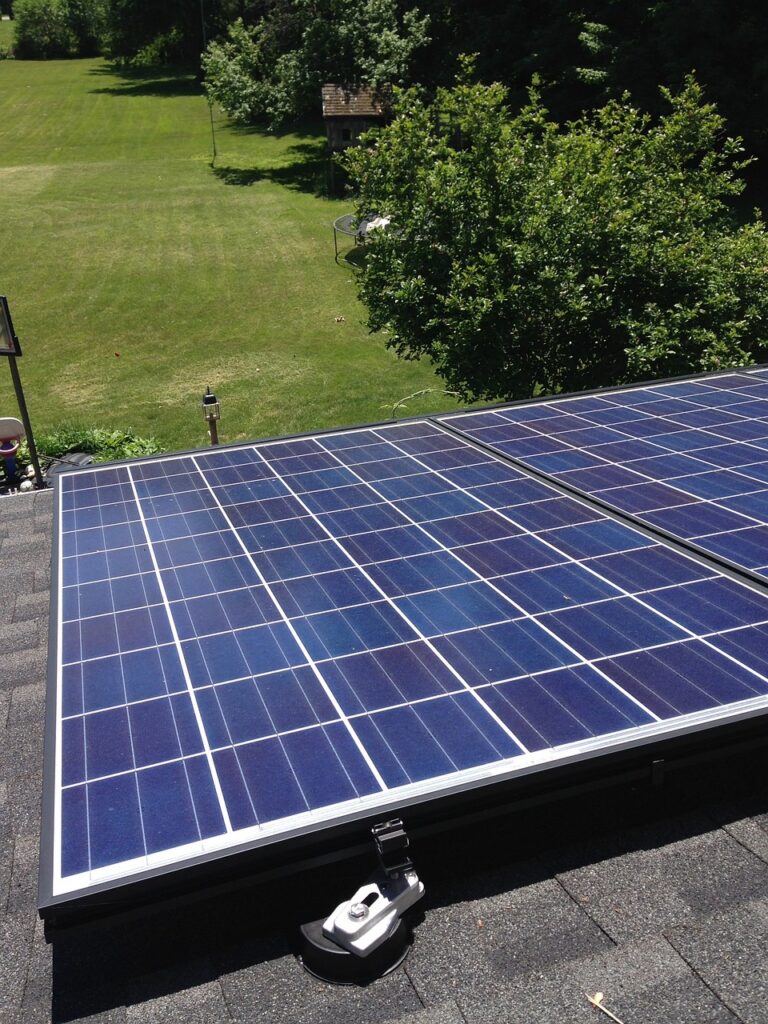As the push for greener energy solutions gains momentum, solar panels have become a hot topic among homeowners. They promise reduced electricity bills, increased property value, and a lower carbon footprint. However, before jumping on the solar bandwagon, there are critical considerations that every homeowner should evaluate to ensure a successful investment. Here’s a deep dive into why solar panels are a smart choice and what you need to consider before installation.
Why Go Solar?
Energy Savings:
Solar panels allow homeowners to generate their own electricity, often significantly reducing monthly utility bills. Over time, the savings can offset the upfront costs of installation, making it a cost-effective choice.
Environmental Impact:
Solar energy is a clean, renewable resource. By installing panels, homeowners contribute to reducing greenhouse gas emissions and reliance on fossil fuels.
Increased Home Value:
Homes equipped with solar panels often sell faster and at a premium. Buyers appreciate the potential for lower energy costs and the added eco-friendly feature.
Tax Incentives and Rebates:
Many governments offer tax credits and rebates to incentivize solar panel installation. These programs can significantly reduce the overall cost of going solar.
Essential Considerations Before Installation
While the benefits of solar panels are undeniable, careful planning is crucial for a successful installation. Here are two key factors to consider:
- The Condition of Your Roof
Before installing solar panels, it’s essential to ensure your roof is in excellent condition. Solar panels are a long-term investment, typically lasting 25-30 years. If your roof requires repairs or replacement in the near future, it’s wise to address these issues beforehand. Installing solar panels on a compromised roof could lead to costly removal and reinstallation down the line.
Key roof considerations include:
Structural Integrity: Ensure the roof can support the weight of the solar panels.
Roof Age: Older roofs may need replacement before installation.
Material Compatibility: Some roofing materials, such as slate or wood, may require specialized mounting systems.
- Sunlight Exposure
Solar panels thrive on sunlight. The amount of sun your home receives directly impacts the efficiency and financial viability of your system. Conduct a solar assessment to evaluate:
Roof Orientation: South-facing roofs are ideal in the Northern Hemisphere for maximum sunlight exposure.
Shading: Trees, buildings, or other obstructions can reduce sunlight and diminish panel efficiency.
Climate: While solar panels can generate power even on cloudy days, regions with frequent sunlight yield better results.
Planning for Solar Success
After evaluating your roof’s condition and sunlight exposure, it’s time to take actionable steps:
Consult Professionals: Work with a certified solar installer to assess your home’s solar potential and determine the best system for your needs.
Roof Inspection: Hire a roofing contractor to evaluate and, if necessary, repair or replace your roof.
Financial Planning: Research available incentives and financing options to make your solar investment more affordable.
Optimize Energy Use: Consider energy-efficient upgrades to your home, such as LED lighting or insulation, to maximize the benefits of your solar panels.
The Bright Future of Solar Energy
Investing in solar panels is more than just a home improvement project—it’s a step toward energy independence and environmental stewardship. By ensuring your roof is ready and your home receives ample sunlight, you’ll set the stage for a successful solar journey. With proper planning, you can enjoy the financial and environmental benefits of solar energy for decades to come.

